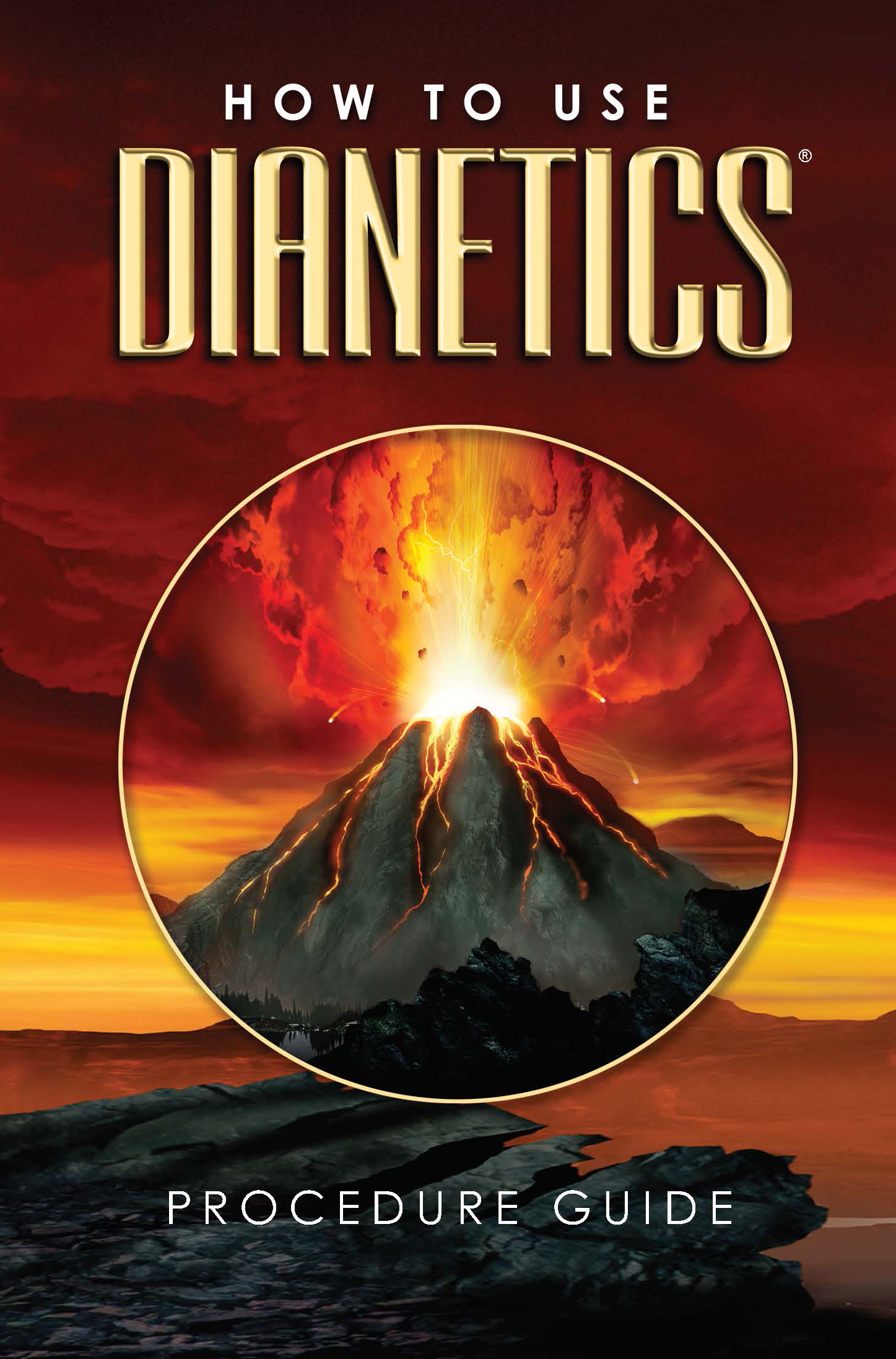4 Easy Facts About Dianetics Explained
4 Easy Facts About Dianetics Explained
Blog Article
The Only Guide for Dianetics
Table of ContentsExcitement About DianeticsThe 45-Second Trick For DianeticsDianetics - QuestionsGet This Report about Dianetics
I could not ever not intend to receive anything that enters your mind for you- if it was otherwise, I would not be sitting right here with you, doing this. I not just can never have an issue, or otherwise wish to hear something that comes to mind for you, but I'm totally excited to know every concept, every idea, every photo or feeling that emerges or materializes for you- do not ever assume otherwise, and if for one reason or another you do, please just let me know! In some cases, you may have an idea, and picture, concept or case pop up that does not seem to address the concern, or associate to it, yet nonetheless, constantly do tell me about it, and as we continue, the significance will certainly arise for you.This is integral in the basis of processing, and the subject of this conversation: the fundamental roles of the therapist and the client: The basic role of the counselor is, as opposed to "standard training", not to regulate, which indicates to apply and/or hinder, but to instead work from the basis of EMPOWERING THE CLIENT.

The Buzz on Dianetics
John Mcmasters revealed this fundamental fact splendidly well in one of his talks on Power handling, wherein he explains how he was asked what this "special flair" was that he had for giving such excellent sessions; he needed to think regarding that for a moment, and spotted that it was what he wasn't doing, as well as what he was doing: he wasn't examining, judging, computing, or in reality, creating any ideas, let alone spoken expressions, after offering the command and while awaiting the computer to complete their answer to their fulfillment; he was, just and only, being present with the computer, and totally interested.
The function of the therapist, demonstrated; that was his "special propensity". I have had my very own experience which showed me this well, very beforehand in the video game. In 1982, having actually recently finished my training and internship on New Era Dianetics, I was running this on a COMPUTER, and there was a point in the session where (being a bit wet behind the ears not yet having several hours under my belt as a professional auditor) the computer appeared to be "taking as well lengthy" to express anything vocally after I offered him a command.
This secret turned out to be more information one of the most useful payment that John ever made to the subject of therapy or bookkeeping (Dianetics). In my simple opinion, it is the best payment that any individual has ever made to these subjectsthe application is completely non-judgemental, non-evaluative, and lacking any type of pointer, recommendations or opinion.no preconditioned agenda for people, or 'degrees' that they need to do
In Scientology we prided ourselves on not reviewing for individuals. All that really indicated was that the auditor did not Vocally assess for the PC in session.
Dianetics Can Be Fun For Everyone

Anyone who had actually ever seen John audit might not help however notice a distinct quality in his auditing."The client's standard function is to be there with the purpose of relocating the direction of their spiritual goals, and to openly and completely share and experience whatever shows my blog up for them in answering the questions and carrying out the guidelines in the handling.
This is something to process as needed. Yet likewise, people frequently have prior experience and/or indoctrination in auditing/processing which, somehow, and to some degrees, in fact misdirects them right into mindsets, concepts and behavior patterns that avoid the full understanding of these duties, therefore they will tend to prevent the expressing of what enters your mind, as in the examples given over. * The first, and maybe leading instances of mis-indoctrination causing much less than entirely smooth and reliable sessions, can be located in particular facets of the training regimens, or "TR's":"TR's" are usually a person's first, or at the very least early, experience in Scientology, and while I will certainly go on to discuss what I see as the defects in principle and practice, nonetheless, tend to be significantly therapeutic, done as they are offered (Hubbard insists that "TR's are not refining, they are training", however factually, they are both processing AND training)
Alan Walter made comparable monitorings, and improved these with his "Existence Processes". There is no "failing", and no denial of the fact of this being processing. The focus, as it should be, is on experiencing the other individual's presence. All the indications which obtain a "flunk" in doing "TR-0" are merely the being's efforts to withstand the other individual's presence, and instead of being bugged and badgered with "Flunk", which enforces "failing!" on the being, one merely requires to be urged to "stick their feet in the water a little deeper", to progressively refurbish their capability and willingness to completely share and experience "being below", or "presence", with others.
Dianetics Can Be Fun For Anyone

Report this page